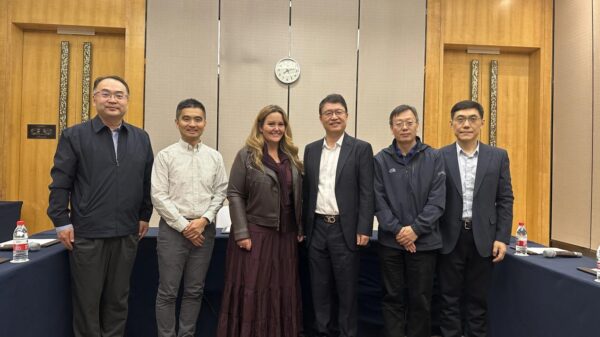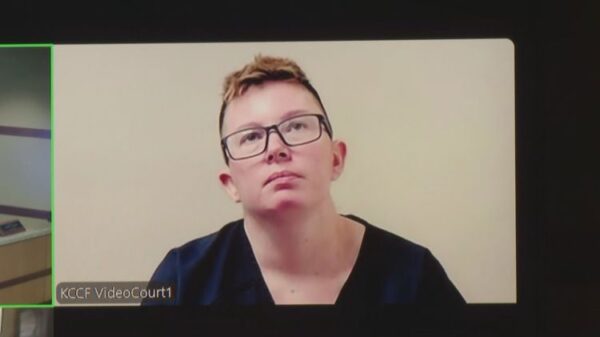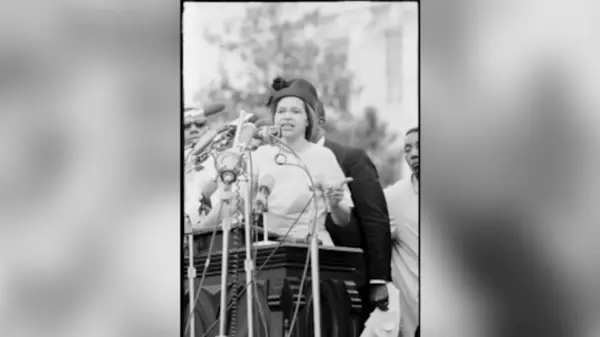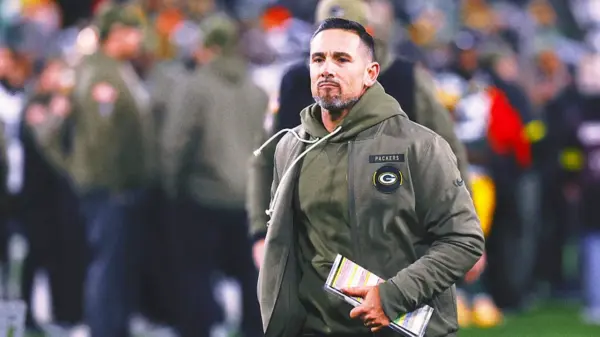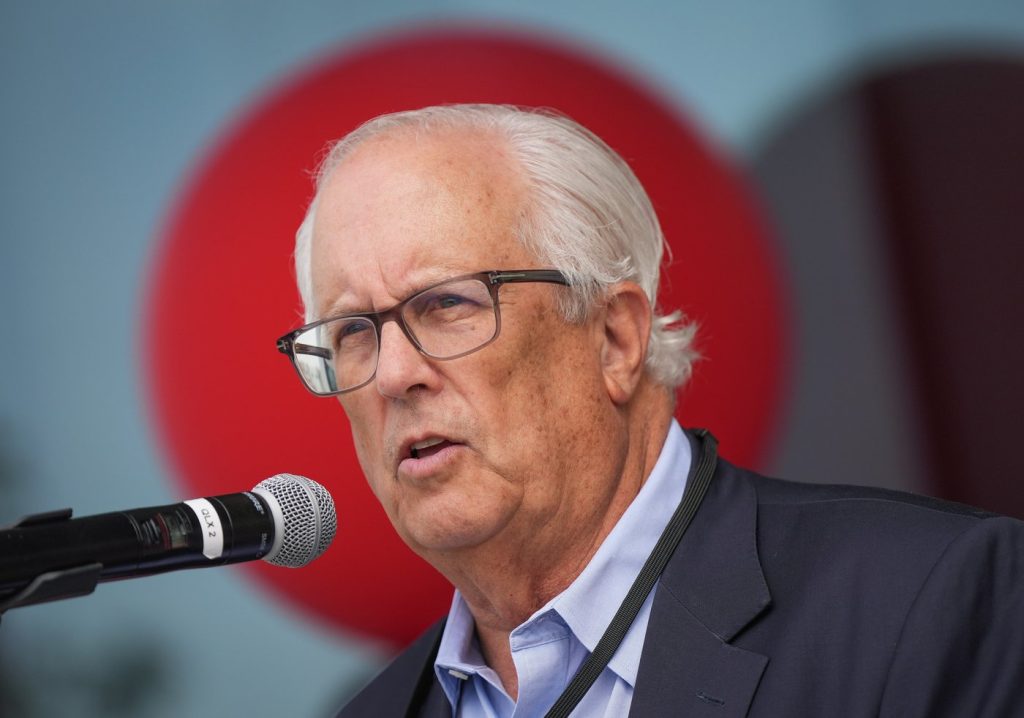First Nations leaders in British Columbia have expressed their strong disapproval of what they term “alarmist rhetoric” from political figures regarding a recent land title decision in Richmond. This reaction follows the British Columbia Supreme Court’s ruling, which affirmed the Cowichan Tribes’ Aboriginal title to a **7.5-square-kilometre** parcel of land. The First Nations Leadership Council (FNLC) emphasizes that Aboriginal land title and private property rights can coexist within the province.
In a statement, the FNLC criticized the leader of the B.C. Conservative Party, **John Rustad**, for calling on Premier **David Eby** to halt all negotiations between the province and First Nations. Rustad framed the inherent rights of First Nations to their lands as a potential threat to the legal, social, and economic stability of British Columbia. The FNLC described his stance as deeply disturbing.
The FNLC also addressed remarks from **Malcolm Brodie**, the Mayor of Richmond, who warned residents that their property titles might be jeopardized by the court’s ruling. They argue that such commentary amounts to fear-mongering, claiming it misrepresents the legal landscape surrounding Aboriginal title in B.C.
Critics assert that the Cowichan decision is merely an extension of existing legal precedents. They argue that appealing the ruling only serves to increase uncertainty, rather than engaging in the necessary negotiations mandated by the court. **Merle Alexander**, an Indigenous law expert based in Vancouver, stated, “The courts will eventually put it out to the B.C. Court of Appeal or Supreme Court of Canada, and they are going to send the parties back to negotiate an agreement.” He emphasized that the province can either negotiate now or face a prolonged period of legal ambiguity.
Legal Framework and Coexistence
Alexander noted that there is already a framework in place for the coexistence of Aboriginal title and fee-simple ownership. He referenced the **Haida title affirmation agreement**, which recognizes both interests within the title area. This agreement was acknowledged by both federal and provincial governments in **2024** and reaffirmed by the B.C. Supreme Court earlier this year. It clarifies that private property rights and essential public services, such as hospitals, will persist in areas like Haida Gwaii.
The FNLC argues that recognizing Aboriginal title alongside private property rights is not a threat but rather a foundation for stability and prosperity in British Columbia. They advocate for good faith negotiations that respect First Nations’ basic human rights as essential for moving forward.
Grand Chief **Stewart Phillip**, president of the Union of B.C. Indian Chiefs, criticized the “selective, discriminatory” rhetoric surrounding the ruling, suggesting it fuels unfounded fears and undermines the recognition of Indigenous rights. Regional Chief **Terry Teegee** reinforced this sentiment, stating that advancing reconciliation is crucial for the collective prosperity of all British Columbians. “Reconciliation via good faith negotiation is key if we are to move forward together — a fact repeatedly recognized by the Supreme Court of Canada,” Teegee said.
As the City of Richmond, the provincial government, and the **Musqueam Nation** prepare to appeal the decision, the ongoing discussions surrounding land title in British Columbia continue to evoke significant debate and concern among various stakeholders. The FNLC maintains that the path to reconciliation lies in respectful dialogue and acknowledgment of Indigenous rights, rather than alarmist claims that sow division.



